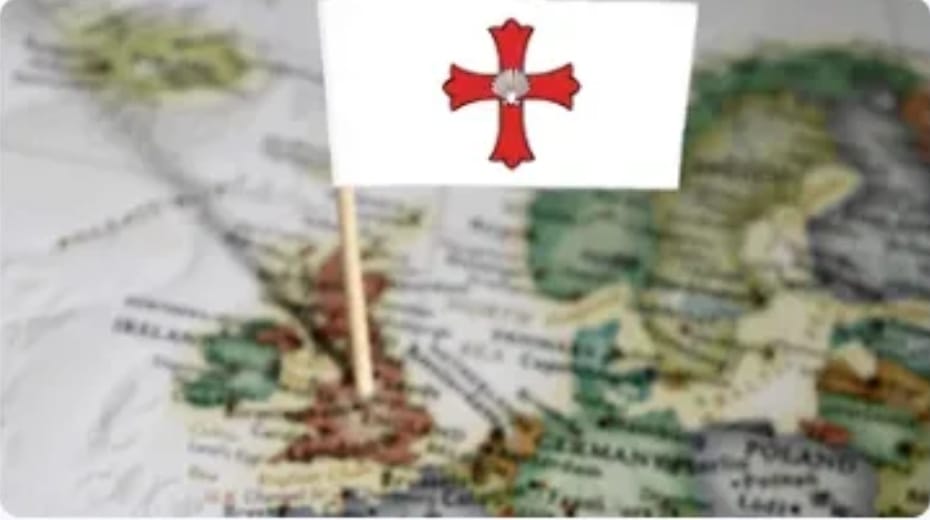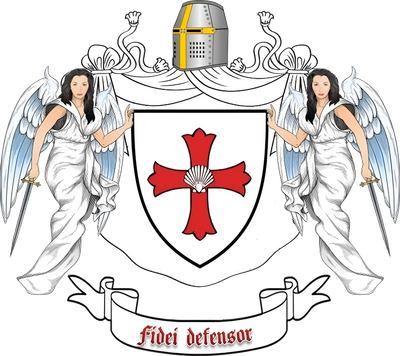Between Modern Chivalric Orders and Christianity

Chivalric orders, once deeply entrenched in the medieval Christian tradition, have evolved over centuries but continue to uphold values rooted in moral virtue and service. Modern chivalric orders, though often referred to as honourific or dynastic orders, still maintain a connection to Christianity, albeit in ways that differ significantly from their medieval counterparts. These contemporary orders, typically established by royal or noble families, serve as a means of recognising individuals for their contributions to society. While not all of them retain a strictly religious focus, many still preserve Christian influences, particularly in their ceremonies, values, and charitable work.
Historically, chivalric orders were founded within a Christian context, with knights upholding ideals of faith, loyalty, and service. Although many modern orders have adopted a more secular stance, several continue to incorporate elements that reflect their Christian heritage. For example, induction ceremonies may still be held in churches, where religious prayers or blessings feature prominently. Additionally, the insignia or regalia worn by members may bear Christian symbols, such as crosses or other iconography, honouring the historical legacy of chivalry and its ties to Christian traditions.
Beyond ceremonial aspects, the core values of modern chivalric orders often align with Christian teachings. Honour, integrity, and service are central tenets of many orders, reflecting the moral framework of medieval chivalry, which was deeply influenced by Christian principles. In particular, the emphasis on virtues such as compassion, charity, and justice can be traced back to Christian ethics. This is especially evident in the charitable work undertaken by some modern orders, which focus on causes such as poverty alleviation, healthcare, education, and disaster relief. These initiatives are inspired by Christian values of helping the vulnerable and promoting social justice, underscoring the enduring moral influence of Christianity on these institutions.
However, it is important to note that not all modern chivalric orders maintain a religious or explicitly Christian identity. Some have evolved into secular organisations, promoting national heritage, the arts, diplomacy, or cultural engagement. In these cases, while the orders may not have a direct religious affiliation, the values they promote - such as honour, responsibility, and service - still often resonate with ethical standards found within Christian teaching. This overlap demonstrates that even without a formal connection to Christianity, the moral legacy of chivalry continues to influence the ideals upheld by modern orders.
In conclusion, while the relationship between modern chivalric orders and Christianity varies, many continue to be shaped by the moral and ethical values rooted in Christian traditions. Religious rituals, symbols, and charitable activities often serve as a reminder of the historical connection between chivalry and Christianity. At the same time, the adaptability of chivalric orders to embrace secular or cultural roles reflects the evolving nature of these institutions in contemporary society. Despite these changes, the core principles of honour, service, and virtue remain central to modern chivalric orders, many of which still uphold ideals consistent with Christian teachings.
